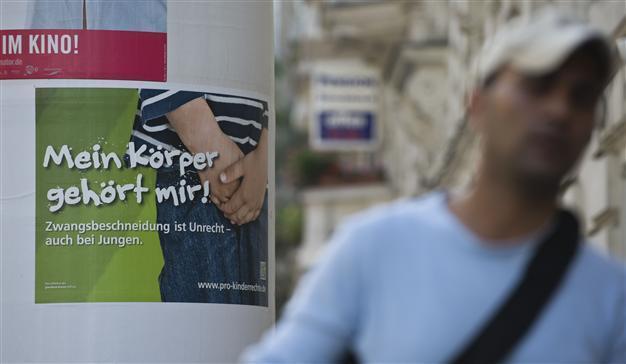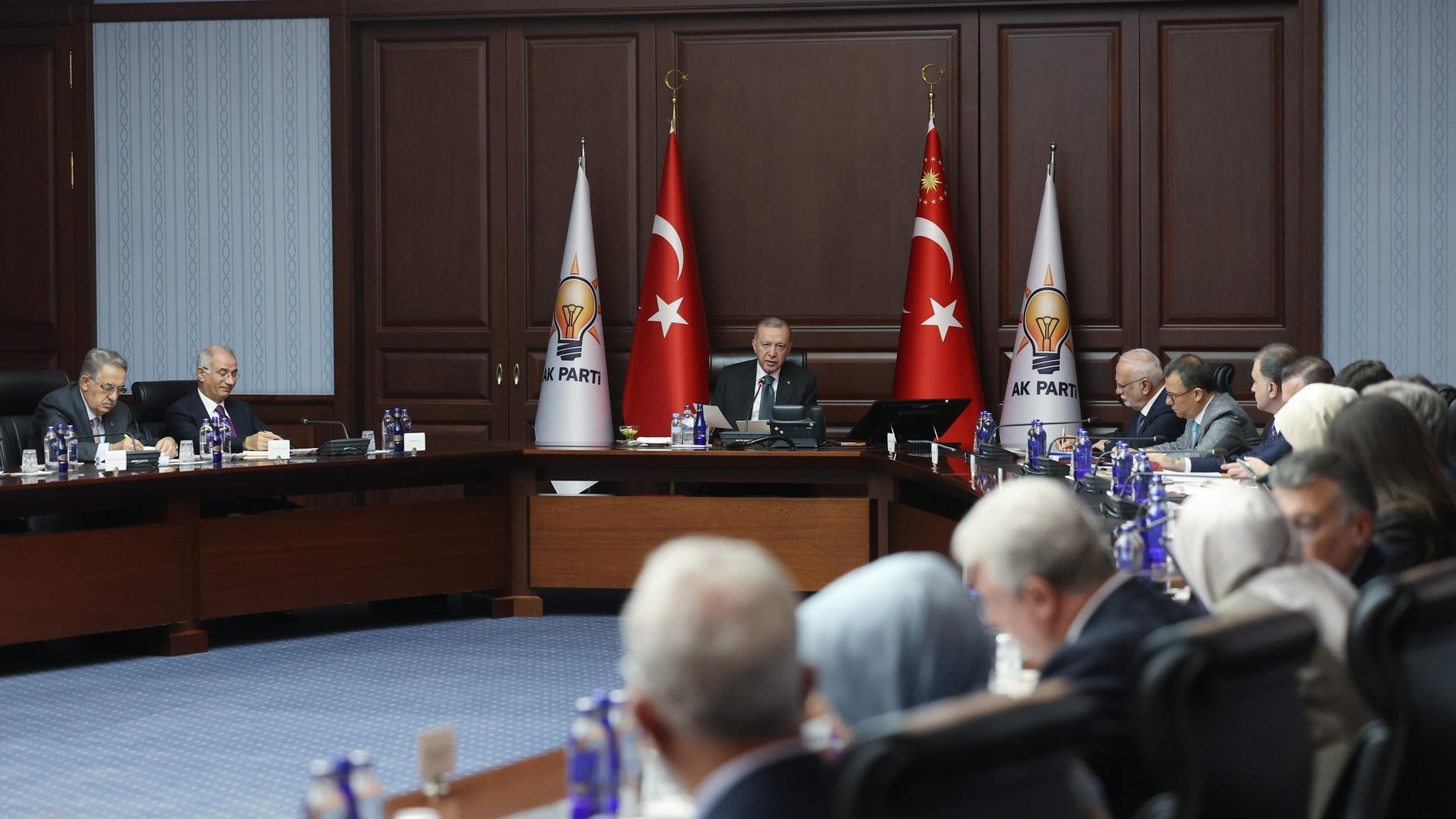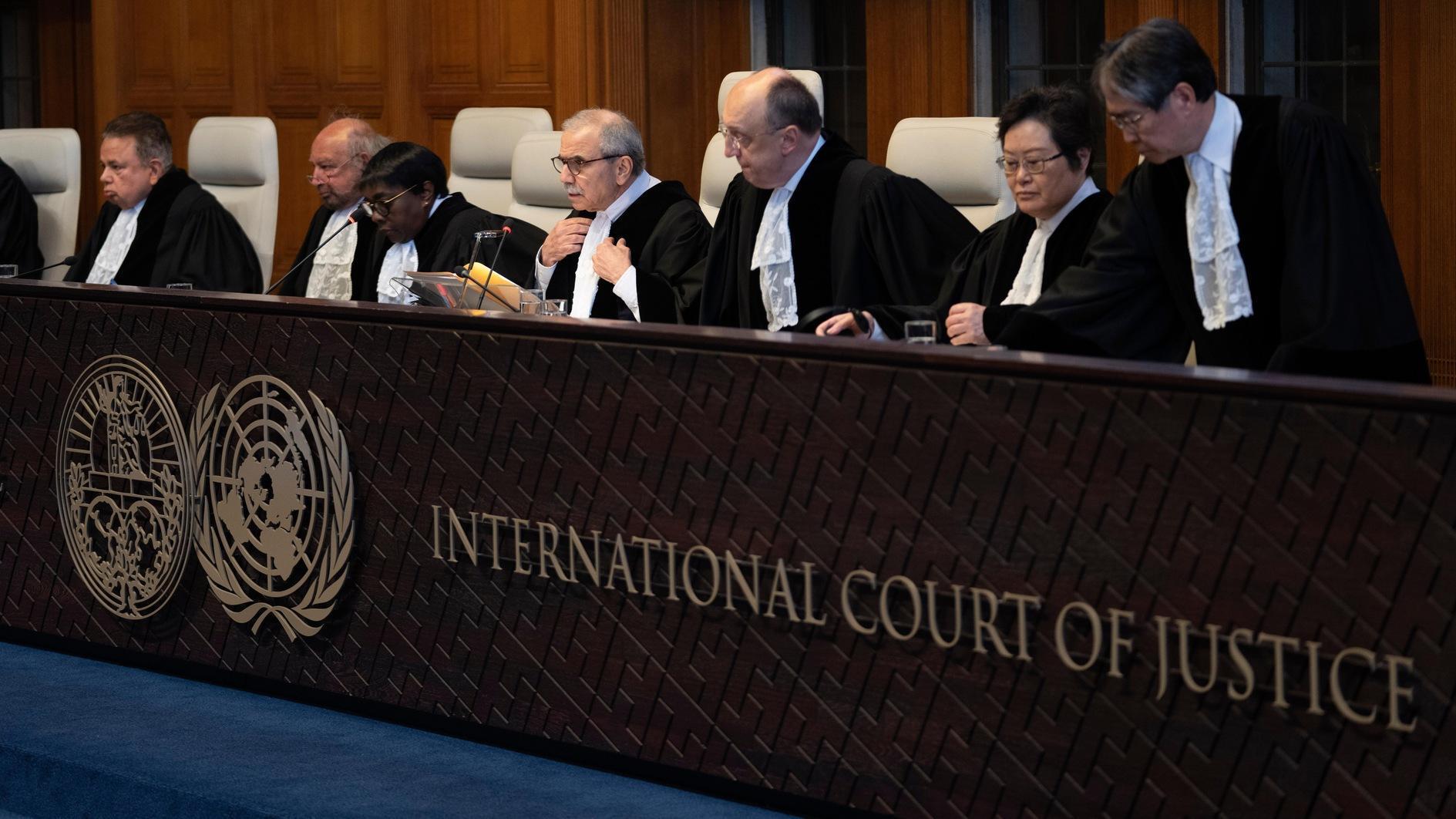Germany outlines fresh law allowing circumcision
BERLIN

An anti-circumcision poster is displayed in a Berlin street September 18, 2012. The city of Berlin imposed new legal conditions on parents who have their boys circumcised on September 5, provoking a backlash withing Germany's Jewish and Muslim communities. Poster reads: "My body belongs to me! Circumcision is wrong, for boys as well." AFP PHOTO / JOHN MACDOUGALL
The German justice minister has drawn up outlines for new legislation permitting the circumcision of boys after a court controversially deemed the rite to be a crime, a spokesman said Sept. 4.The main points, which have been sent to authorities and concerned groups, allow circumcision with certain provisos including that it be carried out with the “most effective pain relief possible,” he said, according to Agence France-Presse. Parents must also receive a full explanation about the procedure, which could not be carried out in cases where a child’s well-being may be in danger, such as in those involving hemophiliacs.
Turks welcome draft
The outline also states that, as a rule, circumcisions are to be conducted by doctors but can also be done on an up to six-month-old baby by someone chosen by their religious community. That person must be as skilled at circumcision as a doctor, it says. “Circumcision remains permitted in Germany,” the spokesman said, referring to the outlines for the new law.
Ayşe Demir, deputy director of the Turkish community in Germany also welcomed the draft. “If circumcision is banned, the practice will go under the counter and prompts a circumcision tourism. We approve the proposal,” she said. The president of the Central Council of Jews in Germany, Dieter Graumann said that the draft met many of the wishes of the Jewish community, Deutsche Welle reported. “For this the justice ministry deserves respect,” he said.
The Frankfurter Allgemeine newspaper said the ministry had sought submissions from interest groups by Oct. 1, ahead of a parliamentary debate.
















